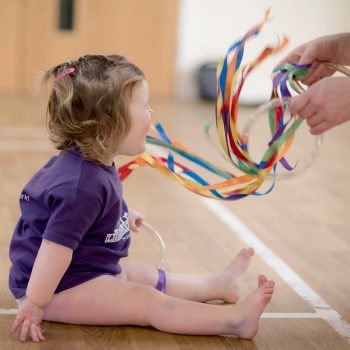Activity Idea!,Blog,Wakefield
29/04/2024
Play dough is a valuable tool for developing early writing skills in children. It makes learning super fun and has so many benefits for children to support the attainment of foundational skills necessary for writing. You will find play dough activities at all of our classes and events in Wakefield, we also offer it as an activity for parties!

Play dough promotes the development of fine motor skills. Developing these skills from an early age helps to lay crucial foundations for proficient handwriting later on in their learning journey. By squeezing, rolling, pinching and shaping the dough they are strengthening the muscles in their fingers and hands, which are essential for holding a pencil and forming letters.
There are many different tools you can use with play dough to enhance a child’s fun and learning. These tools as well as the play dough itself help to develop a child’s hand-eye coordination as they use their visual perception to guide their hands when manipulating and shaping the dough. This coordination is fundamental for the controlled and accurate movements required when writing.
Play dough allows children to get hands-on and mould the dough into all types of shapes for example; circles, triangles and squares. This prepares them for future writing tasks by giving them an understanding of the fundamental shapes that comprise letters and numbers.

Multiple senses are stimulated, including sight and touch through play dough activities which enhances learning and retention, making it easier for children to remember writing movements and letter formations.
In addition to all of the physical benefits, play dough encourages children to explore and express themselves freely, stimulating their imagination and creativity. Through imaginative play, they develop the language abilities and cognitive skills, which are essential for effective writing and communication.
By providing opportunities for creativity and hands-on exploration, play dough supports a child’s all-round development and lays a solid foundation for the development of early writing skills.
If you would like to give your child all of these benefits and so many more, come and join us in Wakefield for our weekly classes, our monthly Daddy Learn With Me! classes just for Dad’s or our special themed events.
I look forward to meeting you and your little ones soon!
Joanna, Little Learners Wakefield





















Leave a Reply
You must be logged in to post a comment.